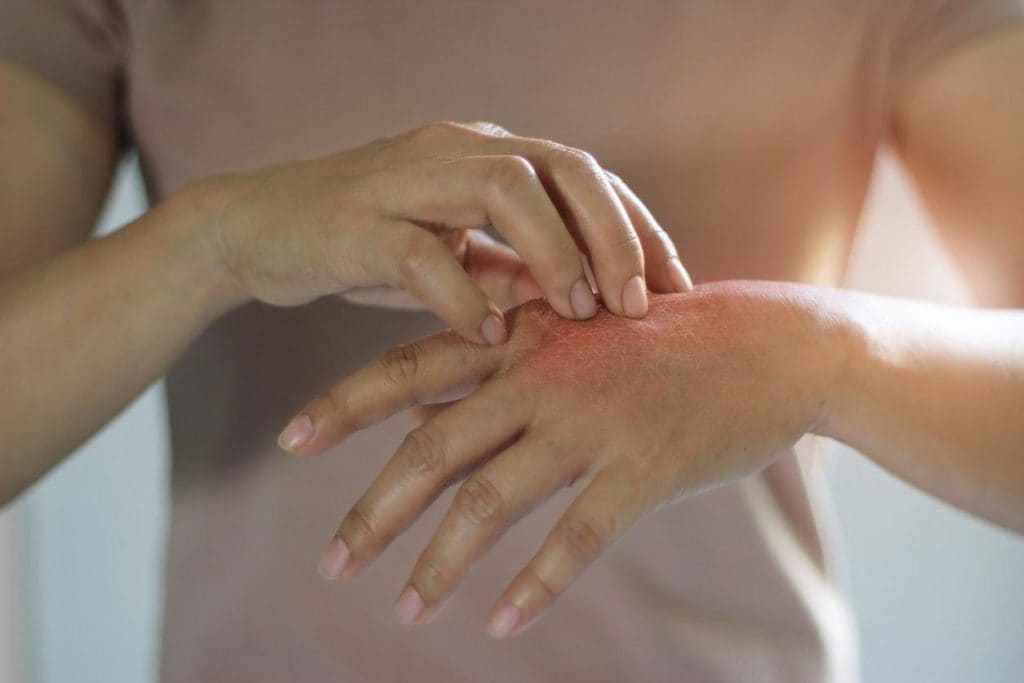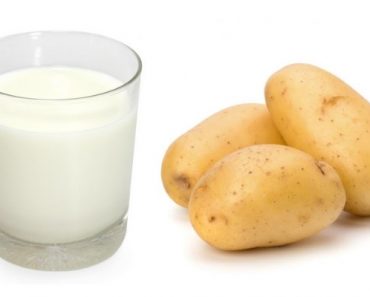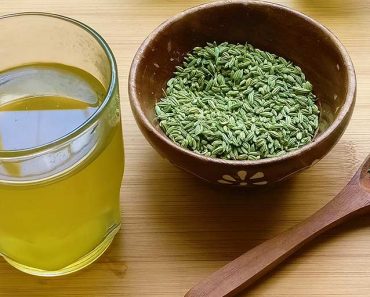These Natural methods can help in reducing and managing the symptoms of Psoriasis

AANMC
Psoriasis is a widespread skin disorder that produces itching, scaling, discomfort, and redness, among other symptoms. The naturopathic approach to psoriasis will focus on identifying the underlying cause of the skin condition. Food and environmental sensitivities are frequently identified by NDs as the cause of flare-ups and breakouts. To evaluate the underlying immunological and allergy factors to psoriasis, a full nutritional and environmental examination is initially performed. After that, the ND will work with the patient to educate them on how to avoid symptoms.
Suppression of symptoms is rarely used as a first line of defense since it can obscure important information about inflammatory foods. In some circumstances, however, the natural compounds listed below may be useful in reducing and managing symptoms. Always consult your ND first to identify the best course of action for you.
-
Grapes from Oregon
When used on a regular basis, topical lotions containing extracts from the Oregon grape plant (Mahonia aquifolium) have been demonstrated to be useful in treating skin disorders related with psoriasis.
The Oregon grape has anti-inflammatory qualities that can aid with psoriasis pain and inflammation. Test a little amount on a patch of skin before putting it all over the affected region to check for any allergies or irritation, as you would with any new topical treatment.
-
Humidity
Dry air dehydrates the skin, aggravating psoriasis symptoms. Many people find that having a humidifier in their house helps them deal with psoriasis inflammation. Indoor air is frequently dry, especially when forced air heating is used in the winter. Humidifiers should be cleaned on a regular basis since mould can grow inside them.
-
Capsaicin
Topical therapies using capsaicin, a chemical molecule found naturally in chilli peppers, have been shown to reduce psoriasis-related skin irritation, such as itching, redness, discomfort, and scaling. 3 However, because capsaicin can irritate some people’s skin, it’s recommended to test a little amount of the cream before applying a larger amount.
-
Fatty Acids Omega 3
Omega 3 fatty acids, which can be found in foods like fish, nuts, seeds, and spinach, can benefit some people with psoriasis symptoms. According to recent studies, many persons with psoriasis report a significant improvement in their skin problems after increasing their omega 3 fatty acid intake.
-
Aloe Vera
Aloe vera has anti-inflammatory and antioxidant effects. 6 Because psoriasis is an inflammatory disease, aloe vera can help to relieve the skin irritation caused by it. Psoriasis-related rashes can be treated with aloe vera gel applied directly to the skin. Although aloe vera does not work for everyone who has psoriasis, many people find that it calms and heals their skin.
-
Baths with oats
Oatmeal soothes and hydrates the skin. Many people find that taking an oat bath relieves psoriasis pain and inflammation. 8 Fill the tub halfway with water and add 1 cup of dry oats. Make sure the water is warm, not hot, because hot water will dry up the skin even more.





